

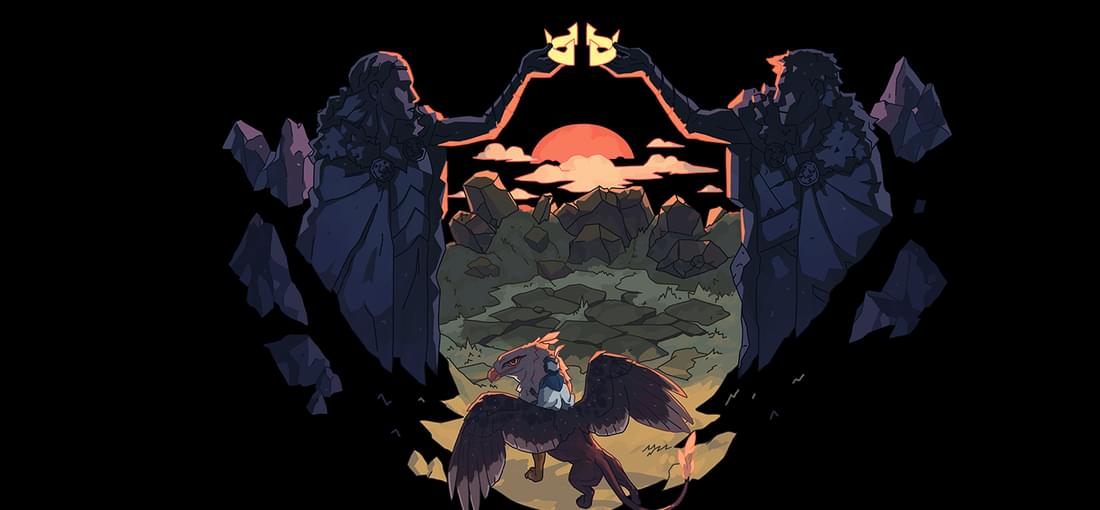
Left, right, sprint-left (double-tap), sprint-right, tap-down(drop coin), down(interact) and that's it. But for a game with only 3 buttons, there's a lot to do. You recruit villagers and build your base during the day but stay safe and defend at night. It's a pretty simple premise, but the waves of enemies grow stronger each night, you aren't told which way the enemy will come from and there are random events with strong waves that can be punishing if not prepared - so there's continuous pressure to venture further and faster each day. I read some reviews about RNG and villagers doing random things, but this isn't true at all. The system takes time to learn, and there isn't handholding, but once you have it down you realize that you only lose when you make a mistake (venturing too far out while low on gold can mean death or asking your builders to perform jobs they can't finish before the night are the main culprits). Terrific game in a series of games that are nearly identical. I wouldn't recommend getting more than one version, or any of the expansions, unless you're really addicted as it's essentially re-skins of the same scenario.
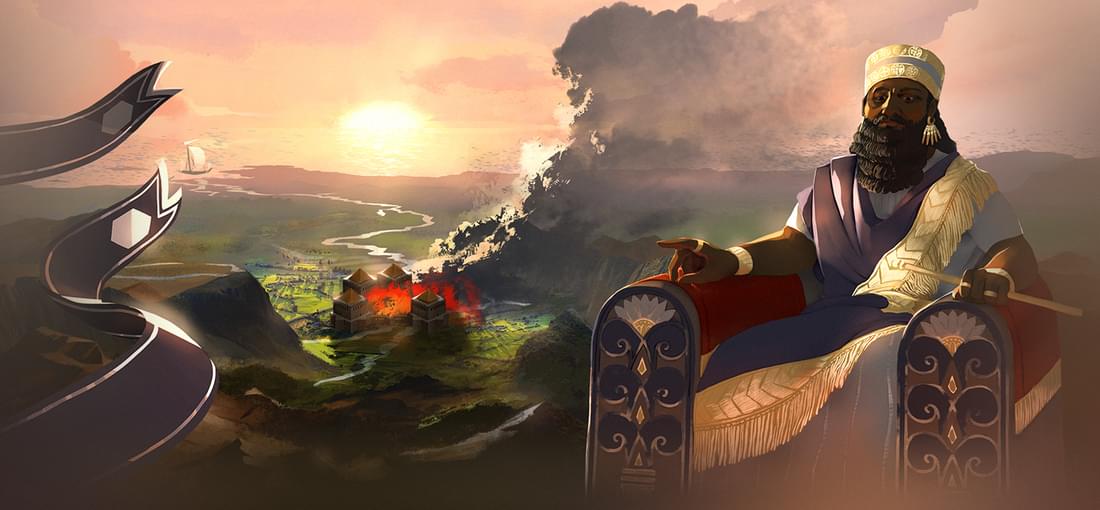
I've played this game for close to a hundred hours just to beat each map with each kingdom on the toughest difficulty. There's a slight bit of RNG, but every time I lose, it's because I made a poor calculation - by expanding too far too quickly, focusing too much on my military, becoming too inefficient financially, etc. The easier difficulties are a fun romp shich many will be familiar with if they've played the above board games (or many/most hexed based strategy games). But the toughest difficulties require perfect calculation and assesment of the situation, where the game becomes less like a strategy game and more like an intricate puzzle. The game is very well put together and a ton of fun for strategy geeks like me, but if you're looking for the shiny bobble which is created from researching (like in Civilization) you won't find it here - we're talking numbers and locations. There are many ways to adapt the win conditions for short or long games (I usually go for long) and several maps, each with their own potential empires. There's virtually no story and the online community is essentially dead - so single-player pure strategy experience only. It's a bit of a one-trick pony, but the one trick is REALLY good, if you're into it.
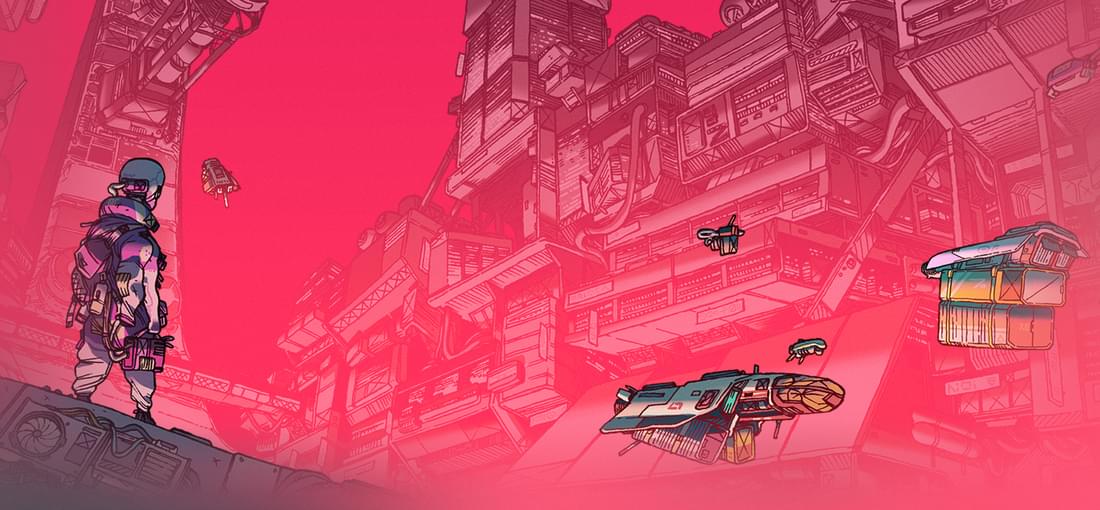
This game isn't for everyone as there's a significant (as in 99% of what you do) reading. In reality it seems like someone wrote a story and THEN decided to try and make a game out of it, and somehow it worked. The resource management aspect is based around your (up to) 5 dice (d6). Your decisions regarding where to use each die, and which die to use, is where the gameplay comes in - in addition to this, there is an energy/food and sleep/repair mechanic. I haven't seen mechanics quite like this in a game before and was impressed with how well tuned they were. At the time of action, it feels like you have to hit everything just right to survive, but in hindsight, your character was always going down that path, and although the story will end differently based on your choice, the narrative branches don't go out very far from the preset path(s). I had one play through, it was quite interesting, fun and the story was well done (cyberpunk-ish imperfect future space story). I assume you can fail/die, but I didn't encounter that, so not the hardest game (as long as you understand the mechanics). There are 3 characters, but it seems they are simply slightly different starting-off points, so not much need for a second run through. Game crashed a couple of times, but boots up quickly, and frequent auto-saves (and easy story skipping) didn't affect my playthrough. Unfortunately the save file surpassed the GOG cloud max of 200MB halfway through. You don't need the cloud save, but going into the file to see what was wrong and then having to turn it off so you don't keep getting reminded, was a bit annoying.
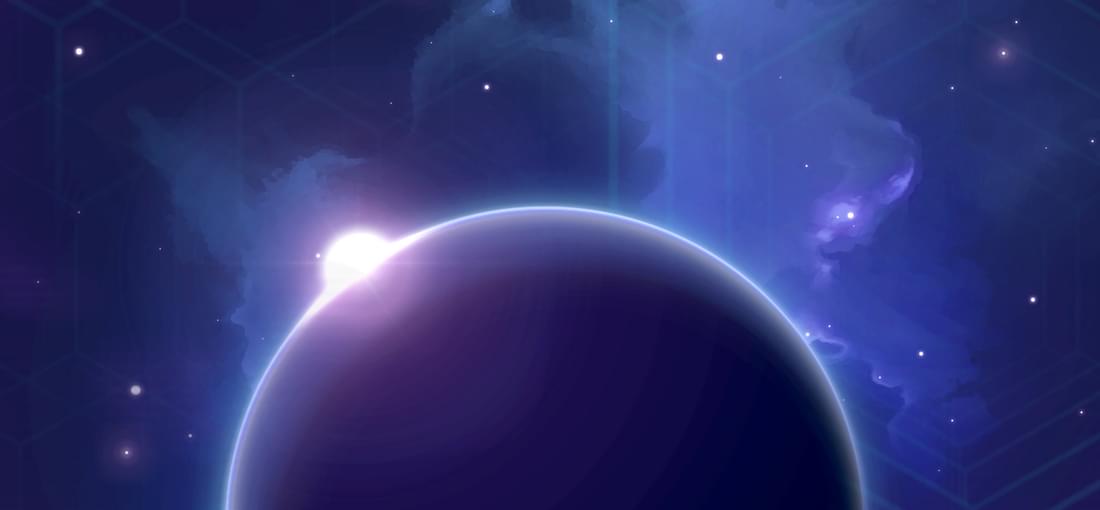
This is an amazing game with endless playability. If you liked the game asteroid back in the 80s but wanted something more up-to-date, then this game is for you. The Rogue-Lite aspect provides the sense of progression while you learn the game. Once you beat the boss, there are difficulty modifiers, a draft choice and endless mode to provide infinite replayability - the endgame is infinite. The looks is simple but fun. Action is fast-paced but not overly punishing (this changes the farther you get into endless w/modifiers). Sounds and music set the ambiance perfectly without being a distraction. For those who are just starting to play, I highly suggest jumping in and learning as you go. But if you have questions or have reached endless mode, check the links below as they will greatly add to your enjoyment. P.S. If you are looking for a twin-stick shooter only, look elsewhere, as there is a 'thrust' button. Not a game for twinkies. https://alicemetic.github.io/nova-drift-cheatsheet/ https://nova-drift.fandom.com/wiki/Nova_Drift_Wiki
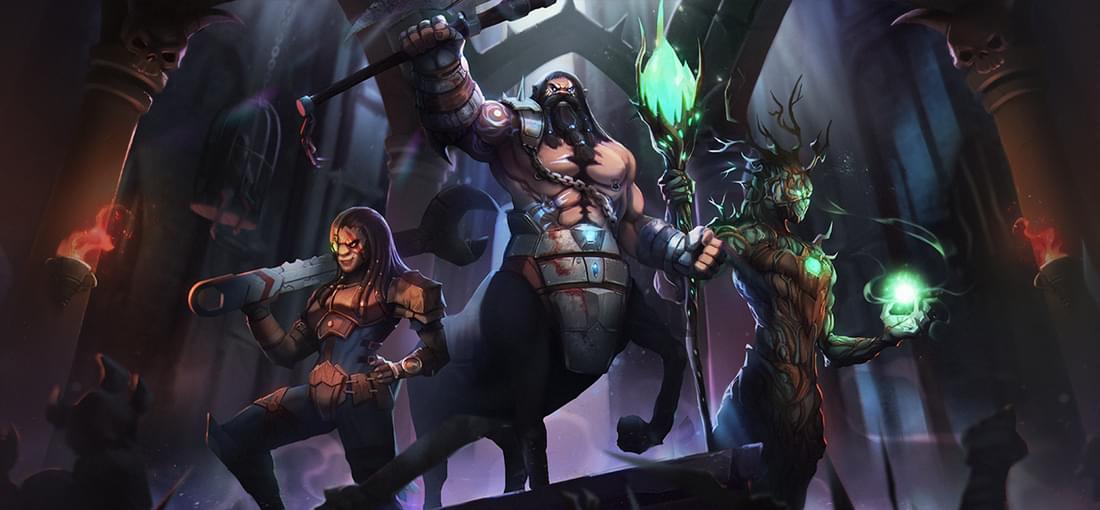
There's elegance in the simplicity. You start a run of ~40 weeks (each week a new event occurs) while gaining monsters, traps, relics, etc. to improve your dungeon of two rooms containing 3 monstrous defenders, and various other rooms depending on the particular dungeon's setup, with the goal being to protect your boss throughout the campaign and move onto a new campaign where more items will be unlocked. Not particularly difficult, but challenging enough to remain fun for the 50 hours that I played (can be a bit addictive). Clearly inspired by some Darkest Dungeon elements, but not meant as a single campaign like DD, and in my opinion, more fun. I preferred setting up defenses, along the individual campaigns, as I found DD's campaign a bit of a slog after far less time than I spent on this game. The combat was also far more intricate with planning on how/where to place your monsters being of utmost importance (far more strategic thinking than DD). Don't bother with the DLCs until you've played most/all of what is to be played in the base game. They're just additional content with more monsters, etc. and I found the base game had plenty to keep my entertained while the DLCs would likely cause the game to over-stay its welcome, but your mileage may vary.
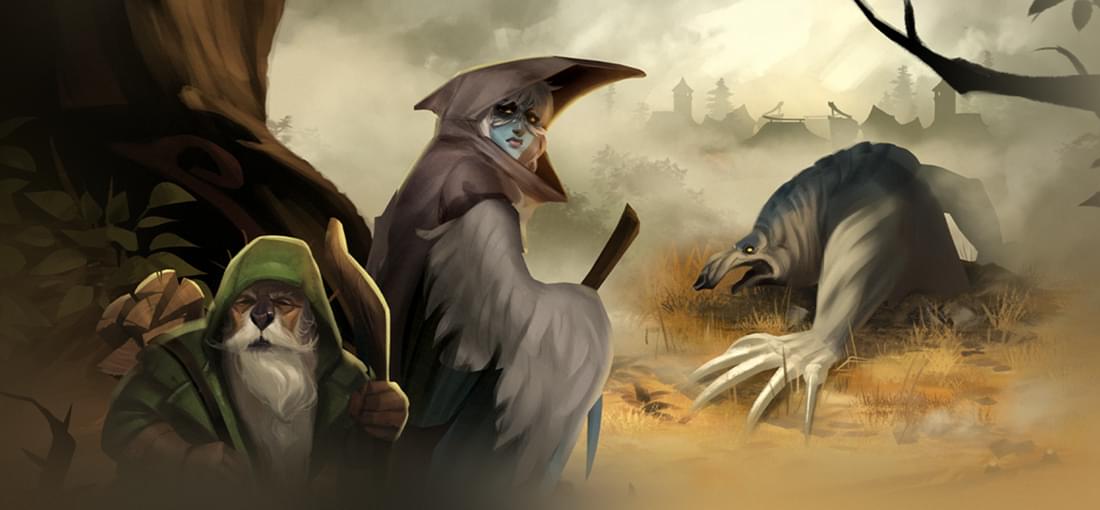
You start each campaign by picking one of many hexagons (each with their own special bonsues and drawback) from the world-map to setup a new village with multiple races. Throughout the gameplay you'll build a town to make you villagers happy and complete quests while expanding and discovering new parts of a forest which offer new challenges. You choose where your villagers work, but they may die or leave if you don't keep them happy. This is made more complicated by the 4 (currently) races which all have differing disires and needs. Do you try to make them all happy and risk losing everyone or do you concentrate on 1 or 2 groups and accept that the 3rd/4th won't stick around - you'll have to make these decisions on each map and they may change based on difficulty and available resources (some maps are inherently more difficult for certain races). It's a vibrant game with interesting buildings and many different systems running simultaneously (there are also traders who come to town, an overbearing ruler who desires gifts and a wide array of resource management). There are no overly long or complicated individual tasks, so if you're a fan of a production tree that goes 20 layers deep, this may not be the game for you, but the number of different systems along with the timing required to complete them keeps this game interesting and often (although not always) challenging. As you explore the forest you will encounter various challenges within each glade, but the seasons are the primary challenge throughout each campaign. You'll have to work on the timing of each task to assure that they are completed at the right time to benefit, or suffer from, the storm that comes once per year. This often requires micro-managing what your villagers are doing for short spurts to avoid catastrophe. The progression system (outside of each campaign) leaves a lot to be desired. There's a fair bit there but it doesn't feel 'rewarding'. But otherwise, this is a great game already.
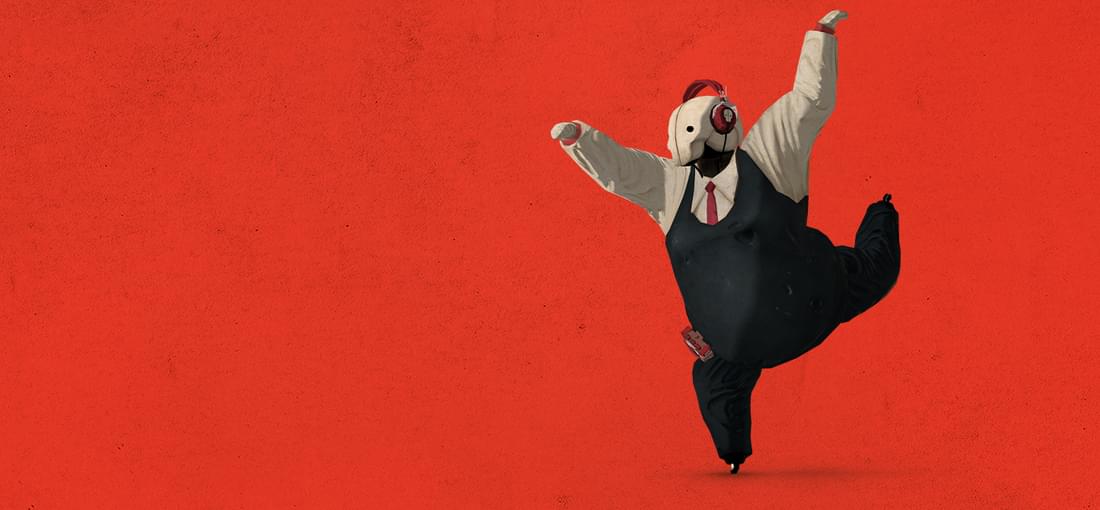
At it's core it's a unique and fun puzzler. Early in the game i would become frustrated because I was trying to work the solution backward and it was too easy, which made it harder, if that makes sense. But as the game progressed and the puzzles became more complicated (and i stopped trying to work the puzzles backward) it became easier and more fun. As some have mentioned the interface isn't perfect (you 'want' to look around but can't) however it's not an issue in pregressing, just doesn't allow the freedom many are used to in puzzle-like games. The game takes a little getting used to, but is quite rewarding once that happens. The only frustration i felt past the early game was when I realized i made one step out-of-order and i need to work my way all of the back to where I was to fix it. Can be a little frustrating, but a bit of frustration is to be expected in a puzzle game. The aesthetics and story were both unique and I found the dancing character fun and not distractingin any way. Unfortunately this comes to my one very major gripe...the music REALLY sucks. I'm not saying that as a 'i don't like this type of music' but as a 'i'm watching this fun character rock-out while listening to repetitve (often 5-10 second loops) elevator music'. They could have gone with bebop, big-band jazz, techno, rock, etc. - but what we get is a bit of smooth jazz with some electronic beats mixed along the way. compared to other games i would rate the music as below average, but in terms of the game being so centered around the music/dancing character and the type of music unable to match the mood (it would have been acceptable as normal background music) it's hard to forgive this miscalculation/oversite. I hope this studio makes more games as they clearly have a lot of unique ideas, but I hope they find someone new to manage the music (or simply make a game that doesn't rely on the music).